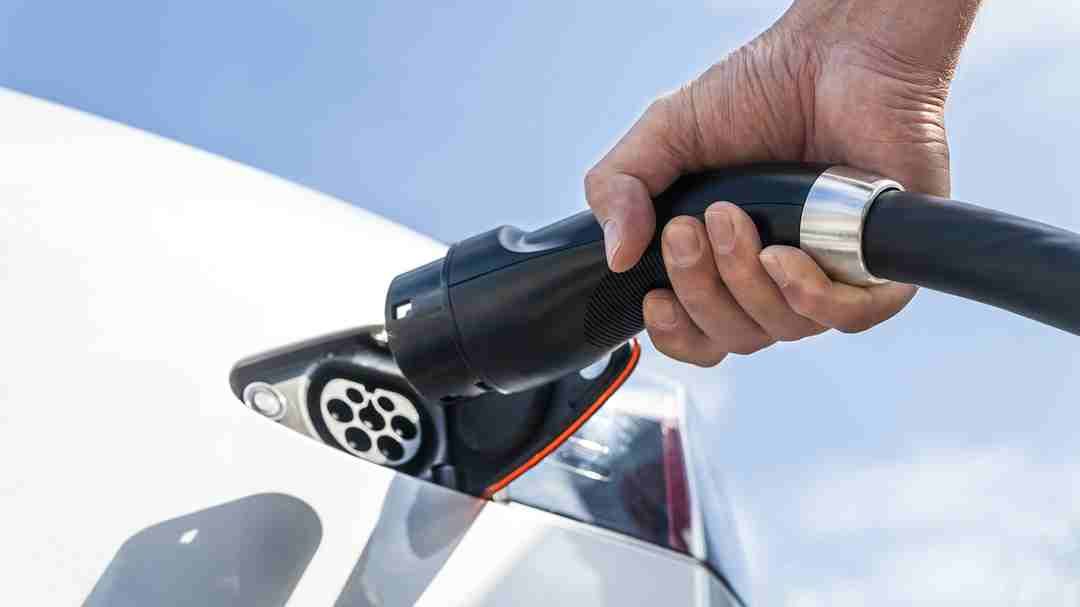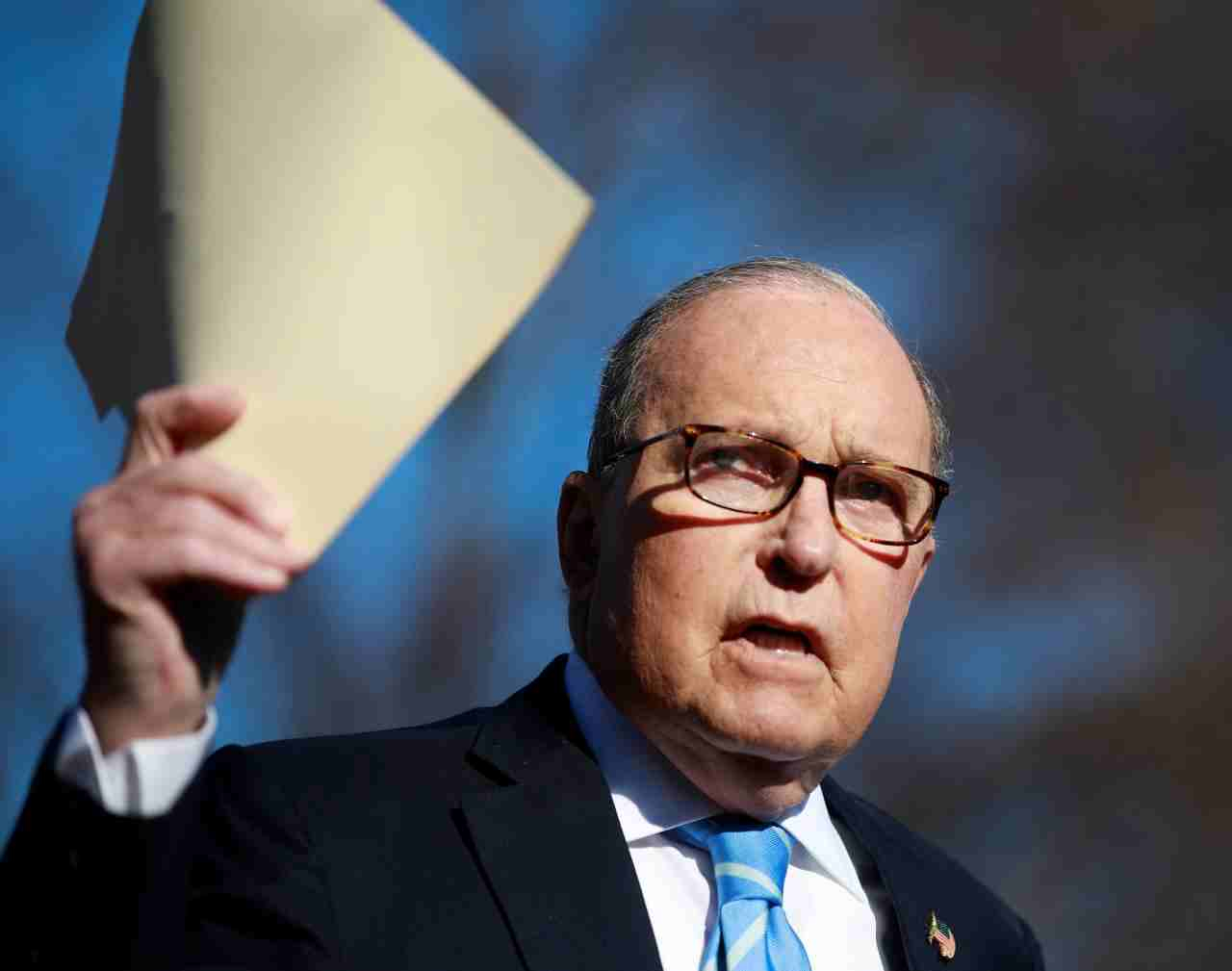
Business
08:48, 04-Dec-2018
White House seeks to end subsidies for electric cars, renewables
Updated
08:20, 07-Dec-2018
CGTN

White House economic adviser Larry Kudlow said on Monday the Trump administration wants to end subsidies for electric cars and other items, including renewable energy sources.
Asked about plans after General Motors Co. announced U.S. plant closings and layoffs last week, Kudlow pointed to the 2,500-to-7,500 U.S. dollar tax credit for consumers who buy plug-in electric vehicles, including those made by GM, under federal law.
“As a matter of our policy, we want to end all of those subsidies,” Kudlow said. “And by the way, other subsidies that were imposed during the Obama administration, we are ending, whether it's for renewables and so forth.”
Asked about a timeline, he said: “It's just all going to end in the near future. I don't know whether it will end in 2020 or 2021.”

White House economic adviser Larry Kudlow speaks to the media outside the White House in Washington, U.S., December 3, 2018. /Reuters Photo
White House economic adviser Larry Kudlow speaks to the media outside the White House in Washington, U.S., December 3, 2018. /Reuters Photo
The tax credits are capped by Congress at 200,000 vehicles per manufacturer, after which the subsidy phases out. GM has said it expects to hit the threshold by the end of 2018, which means under the current law, its tax credit scheme would end in 2020. Tesla Inc. said in July it had hit the threshold. Other automakers may not hit the cap for several years.
Experts say the White House cannot change the cap unilaterally. U.S. President Donald Trump last week threatened to eliminate subsidies for GM in retaliation for the company's decision.
Kudlow made clear any changes in subsidies would not just affect GM. “I think legally you just can't,” he said.
Democrats will take control of the U.S. House in January and are unlikely to agree to end subsidies for electric cars and many have been pushing for additional incentives.
Tesla and GM have lobbied Congress for months to lift the cap on electric vehicles or make other changes, but face an uphill battle to make changes before the current Congress expires.
In October, Senator Dean Heller proposed lifting the current cap on electric vehicles eligible for tax credits but phase out the credit for the entire industry in 2022. Two other senators in September proposed lifting the per manufacturer credit and extending the benefit for 10 years.
Also in October, Senator John Barrasso, a Republican who chairs the Senate Environment and Public Works Committee, proposed legislation to end the EV tax credit entirely.
Source(s): Reuters

SITEMAP
Copyright © 2018 CGTN. Beijing ICP prepared NO.16065310-3
Copyright © 2018 CGTN. Beijing ICP prepared NO.16065310-3